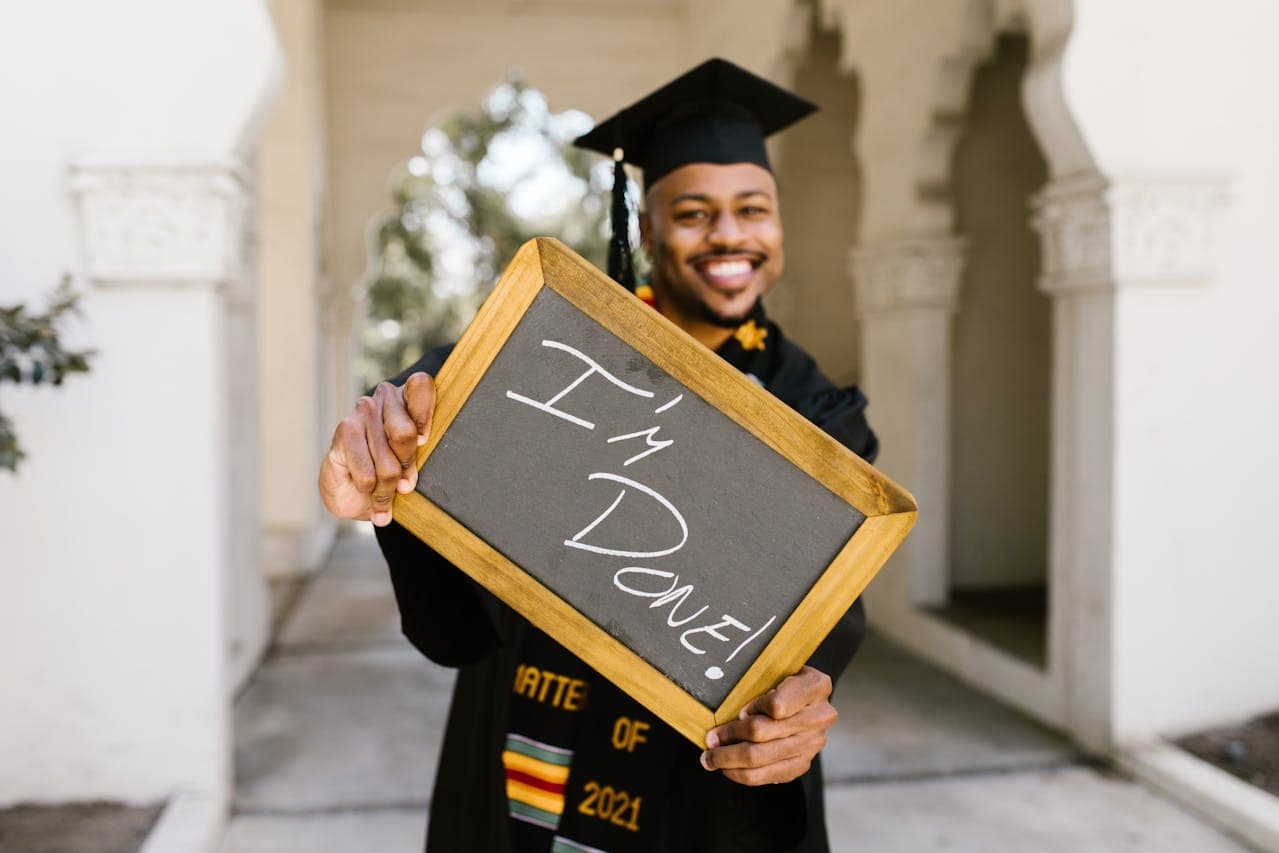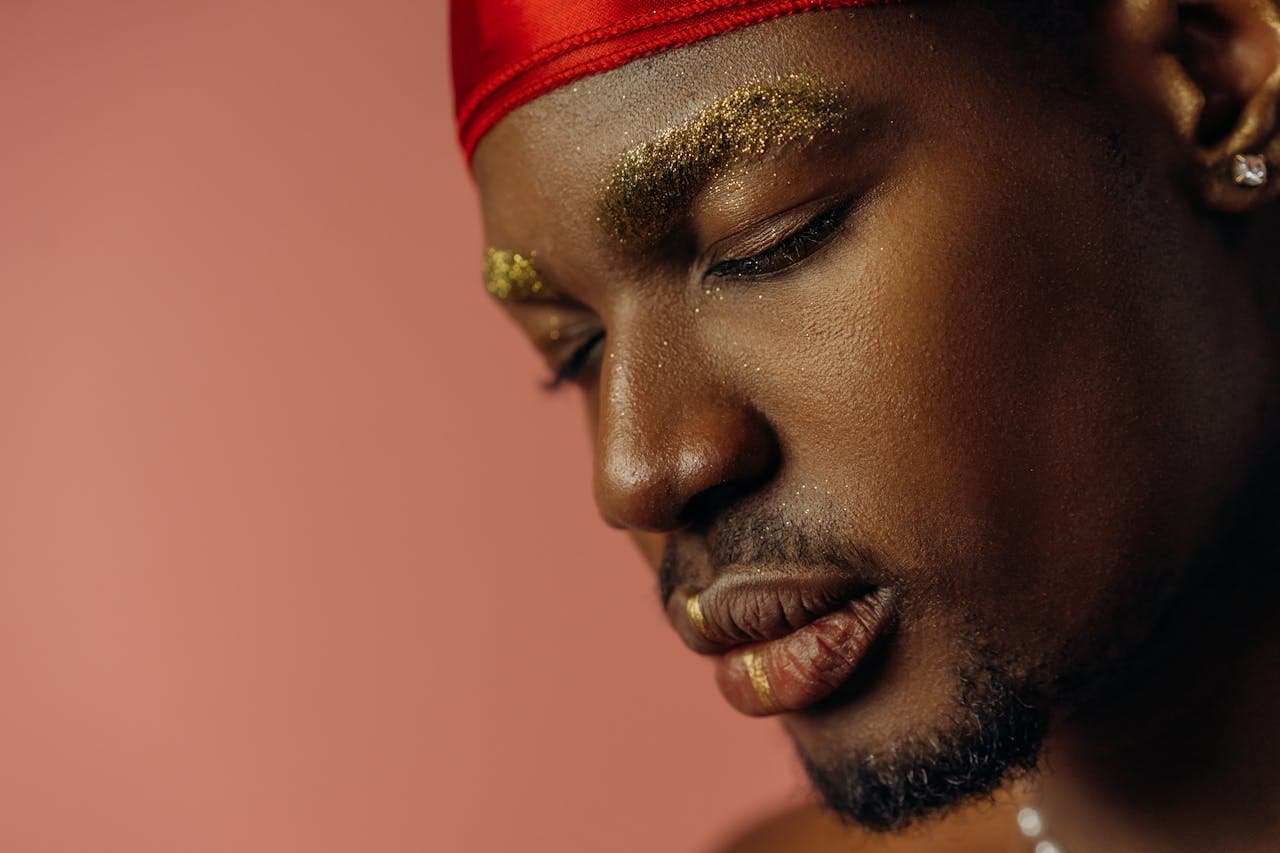2025-26 HBCU Translational Science Fellowship
Announcing the Second Cohort of HBCU Translational Science Fellows to Advance Black Youth Mental Health Research

The HBCU Translational Science Fellowship amplifies the visibility of Black youth mental health research within the broader mental health field by supporting research faculty and career researchers at HBCUs.
Throughout the 2025-26 academic year, Fellows will collaborate with each other, Hopelab experts, industry leaders, and fellow HBCU Fellows to accelerate their research to improve Black youth mental health outcomes.
Meet the 2025-26 cohort

Samira PingaliPrincipal, Translational Science at Hopelab
This second cohort brings exceptional expertise and unique approaches to addressing systemic challenges facing Black communities. We are excited to support this cohort as they expand their networks and approaches to translational research.
Meet the 2024-25 inaugural cohort
1/3
Dr. Charity Brown Griffin
Program Advisor, HBCU Translational Science Fellowship
Associate Professor of Psychological Sciences at Winston-Salem State University
Bezos Family Foundation
The HBCU Translational Science Fellowship is generously supported by

Emergence Collective
Working alongside curious organizations seeking to be more effective and reflective using inclusive and participatory approaches.














